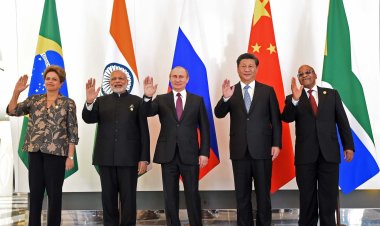Chinese plan to end dealing in dollar in the world
China says it is moving to buy oil and gas in yuan, a move that could threaten the dollar's long-term global dominance as Chinese President Xi Jinping has pushed to settle energy trade in yuan.
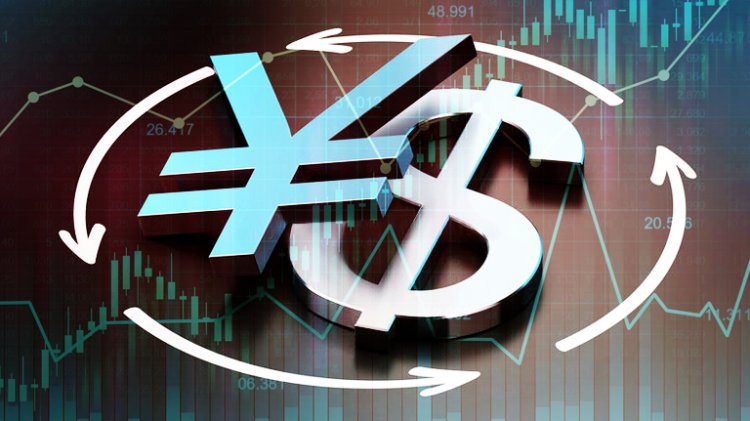
Liu Juqiang, deputy governor of the People's Bank of China, announced that China's monetary stimulus in 2023 will continue to support small businesses.
He stressed that "the volume of monetary policy will not be less than this year, and it can be escalated if necessary, unless economic growth and inflation exceed expectations."
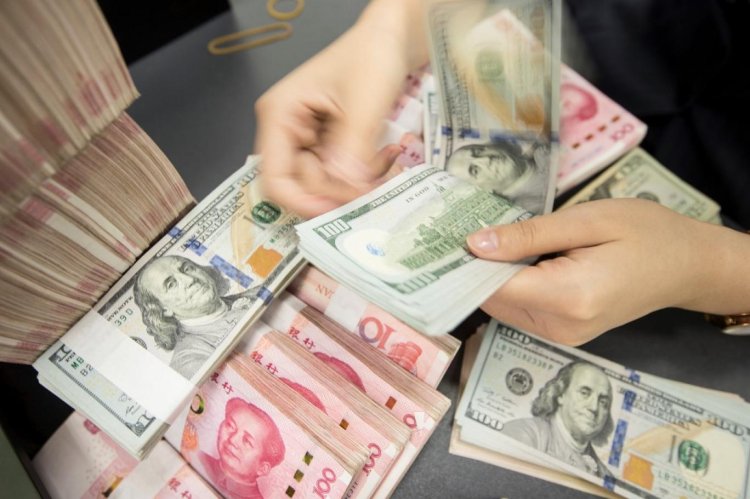
Bank lending for projects
He added that the "People's Bank of China" will expand structural tools such as repatriation programs that encourage bank lending for projects related to technological innovation, carbon emission reduction and the clean use of coal.
Support for private companies
Liu's comments came after top leaders pledged to revive consumption and support private businesses after a sudden shift away from "Covid-Zero" policy.
Officials pledged at the annual Central Economic Work Conference in Beijing that China would adopt "targeted and aggressive" monetary policy.
Stop falling real estate prices
The state needs to take timely measures to stop the decline in real estate prices, while adhering to the principle that "housing is for living, not for speculation."
He said that the real estate industry is a pillar of the economy and has a great impact on supply chains, government finances and financial markets, and it must remain stable.
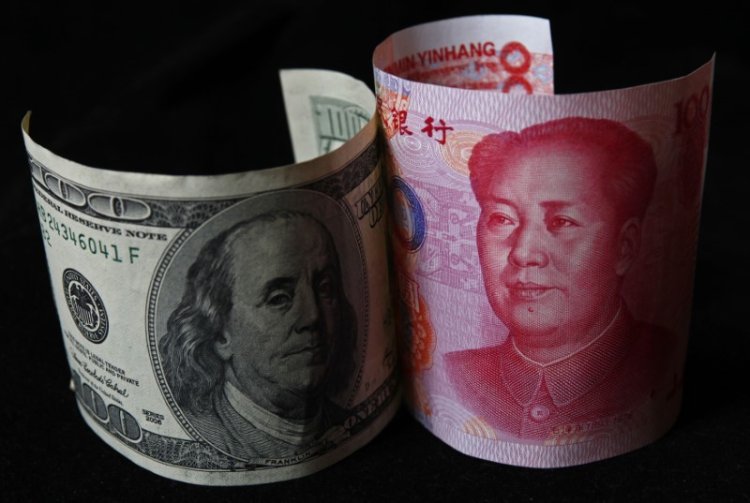
Buy oil in yuan
China says it is moving to buy oil and gas in yuan, a move that could threaten the dollar's long-term global dominance as Chinese President Xi Jinping has pushed to settle energy trade in yuan.
weaken the dominance of the dollar
At a summit with Arab leaders last week, Xi said China would continue to import large amounts of oil, and settling more trade in the yuan could weaken the global dominance of the US dollar in the long term.
At the summit, Xi said China will continue to import large quantities of oil and gas from the Gulf countries, which will be settled in Chinese yuan, or renminbi.
"The platform of the Shanghai Petroleum and Natural Gas Exchange will be fully used to settle the renminbi in oil and gas trade," the president said, without specifying when the change would take effect.
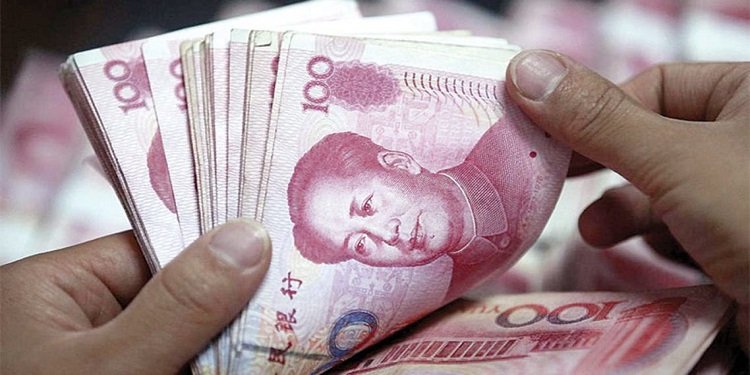
Such a move would reduce the role of the US dollar as the world's reserve currency, thus spurring "de-dollarization".
China aspires to make the yuan the world's most dominant reserve currency, but it still has a long way to go, mainly because Beijing still tightly manages its value. It is also not fully convertible to other currencies in the global market at the moment.


 Shrouq
Shrouq 







